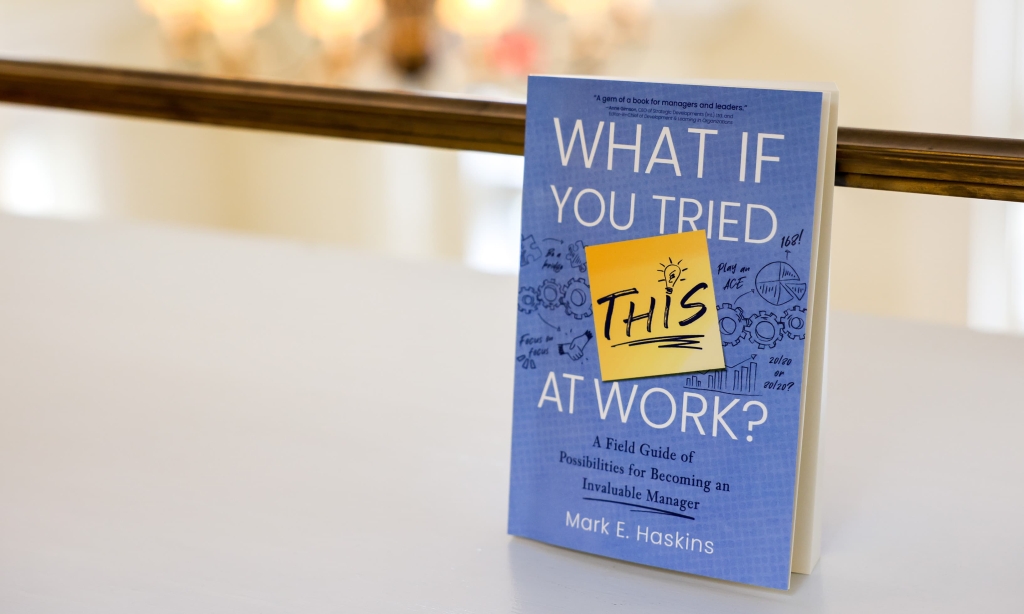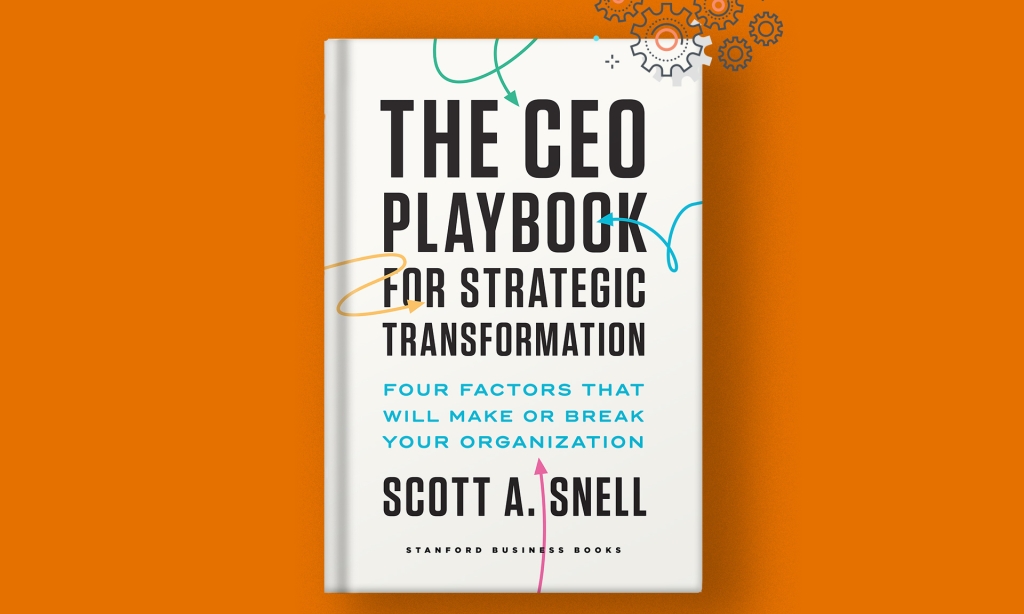

 Article
Article


In today's fast-paced business world, leaders must navigate complex social and political landscapes while driving economic success. UVA Darden faculty are at the forefront of these discussions, offering insights in top-tier publications. Dive into our professors' latest thought leadership in three recent articles.

A growing number of MBA graduates are pursuing Entrepreneurship Through Acquisition (ETA), a strategy that lets them fast-track their way to the top by buying and running small businesses. Les Alexander, professor at UVA Darden, explains why ETA is booming.

As AI blurs the lines between human-made and AI-generated creative output, it raises important questions: What counts as “real” creative output in the age of AI? Does using AI in the creative process change how leaders should manage creative teams? Lillien Ellis, assistant professor at UVA Darden, delves into these questions in a new case.

In his new book, “What If You Tried This At Work,” UVA Darden professor emeritus Mark E. Haskins urges managers to rethink conventional approaches, from focusing on transactions to building meaningful relationships. Drawing on four decades of interactions with current and future managers, Haskins offers practical strategies for making this shift.

Strategic transformation has become crucial for companies to remain competitive. Scott A. Snell’s new book, "The CEO Playbook for Strategic Transformation,” outlines four key factors for successful organizational change.
The benefits of diversity in decision-making are well-documented. Having different perspectives and expertise produces better outcomes. But those don’t necessarily surface during discussions. How can leaders and organizations get the most from diverse perspectives and enhance the quality of conversations to achieve the best decisions?
Trust is built slowly and erodes quickly. Netflix was lauded as an inclusive employer, but when it aired Dave Chappelle’s controversial special The Closer, it seemed unprepared for backlash from multiple stakeholders, including the LGBTQ+ community. What could it have done better to balance the paramount issues of freedom of speech and inclusivity?
Advances in AI and machine learning algorithms that can collect, interpret and generate data are happening fast. What happens when organizations automate managerial processes in pursuit of productivity gains? How might having an AI “boss” make people feel about themselves, their jobs and their status within the organizations that employ them?
How can those seeking to create diverse, equitable and inclusive workspaces bring opposing sides into alignment? The answer: Consider the various stakeholders in an organization as taking part in a multi-party, multi-issue negotiation. Here are three key tactics for leaders to use in an organizational context to implement DEIB more effectively.